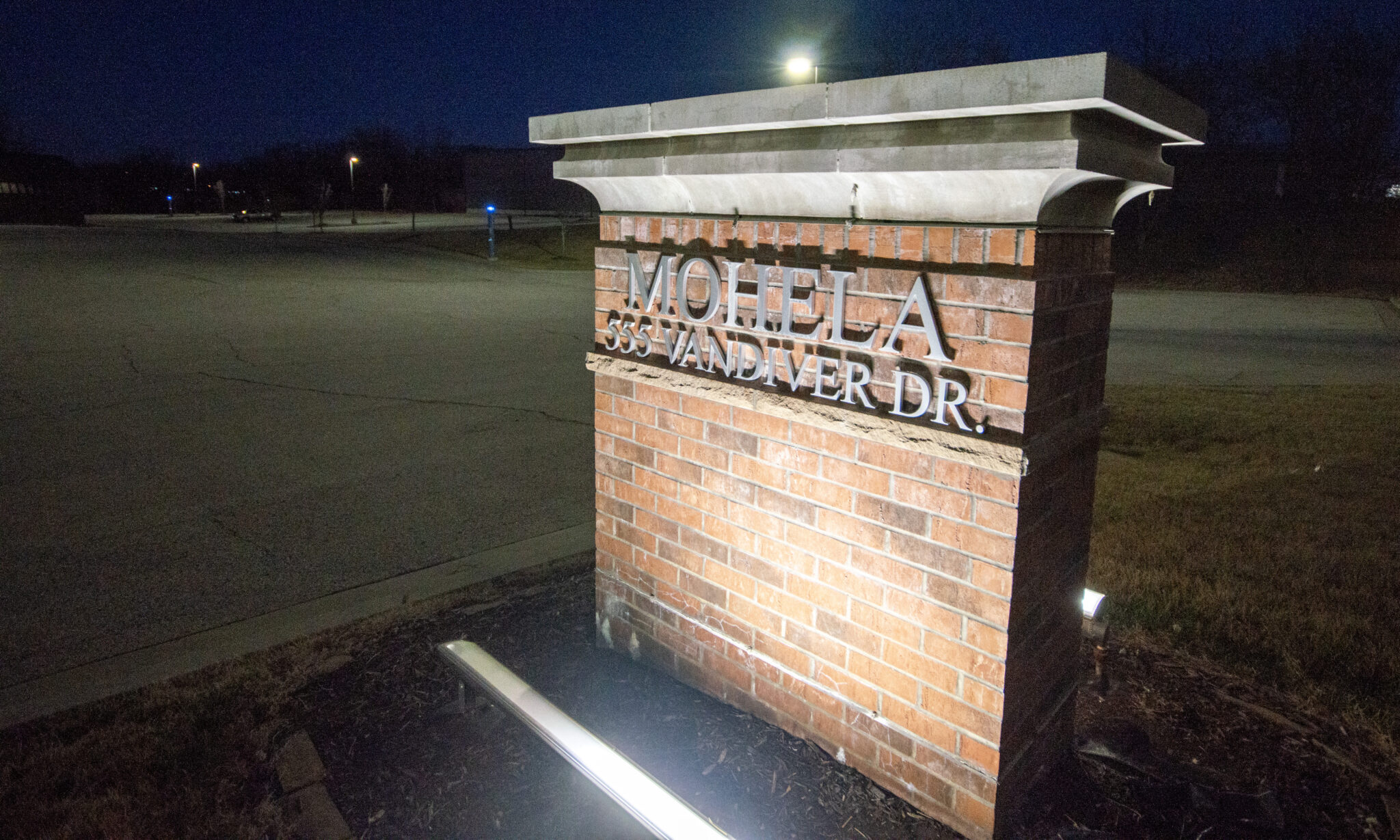Home » News » 2024 » April
News Brief
April 11, 2024 |
By: Annelise Hanshaw - Missouri Independent
U.S. Senate committee critical of MOHELA after widespread complaints

By Annelise Hanshaw - Missouri Independent
A U.S. Senate committee on Wednesday dug into complaints against a Missouri-based student-loan servicer, though the organization’s executive director refused to attend.
Wednesday’s meeting of the U.S. Senate Committee on Banking, Housing and Urban Affairs focused on the Missouri Higher Education Loan Authority, or MOHELA, and other loan servicers that have received widespread criticism in recent years.
U.S. Sen. Elizabeth Warren, a Democrat from Massachusetts, is the committee’s chair and has made student loan cancellation a key part of her political platform.
The hearing follows an explosive investigative report by the Student Borrower Protection Center (SBPC) and the American Federation of Teachers alleging four in 10 people with a loan serviced by MOHELA have been impacted by servicing failures.
MOHELA, in a cease-and-desist letter dated March 25 to the SBPC, said the report contained “false, misleading and sensationalized claims.”
Yet committee members often looked to the SBPC’s deputy executive director and managing counsel, Persis Yu, to describe MOHELA’s conduct during Wednesday’s hearing.
Yu repeated elements of the SBPC’s report, saying Wednesday that, “MOHELA chose a complex call-deflection scheme, a Byzantine loop of misinformation and false promises.”
MOHELA’s “call deflection” was outlined in a playbook for the return-to-repayment period in the fall, but the servicer said it was given directions to use call deflection from the federal government. In fact, the FSA’s communications playbook sent to servicers in July 2023 mentions call deflection 13 times.
Some witnesses on Wednesday called for statutory fixes, saying that complaints against MOHELA stem from problems at a federal level.
There are two class-action lawsuits alleging MOHELA mismanaged loans. One additionally names the federal government as a plaintiff.
“Recent accusations suggesting servicers are responsible for a large backlog of public service loan forgiveness applications and that the backlog is intentional are also false,” Scott Buchanan, executive director of the Student Loan Servicing Alliance, told the committee. “Today, FSA makes all decisions about whether to approve or deny forgiveness. So the vast majority of the backlog resides at a resource-constrained FSA.”
The latest Public Service Loan Forgiveness report, dated June 2023, shows a backlog of almost 890,000 applications. This report does not say where the applications are in the approval process and whether they are waiting on federal approval or action from MOHELA.
MOHELA said in its March 25 letter to the SBPC that it has fewer than 15,000 new forms to process.
U.S. Sen. Robert Menendez, a Democrat from New Jersey, said he felt like Buchanan was making excuses for MOHELA.
“When I hear (issues) with this frequency and depth and stories, then you know something is wrong,” he said. “I support additional funding for the Office of Student Aid, but I don’t believe MOHELA was living up to its customer service commitments under its existing contract.”
Menendez mentioned legislation, like one that sought to eliminate student-loan relief as taxable income. The concept and perceived perks of loan forgiveness was part of the discussion.
Mayor of Kansas City Quinton Lucas was in Washington, D.C., to testify on Wednesday, telling the committee he had a loan serviced by MOHELA but focusing primarily on federal relief programs.
“Student debt relief fundamentally would alleviate the financial burden on our residents, helping families cover rising costs of living and encouraging them importantly to invest in our local economies and their own futures,” he said.
U.S. Sen. Raphael Warnock, a Democrat from Georgia, lauded President Joe Biden’s administration’s efforts to trim student debt, adding the administration had “its hands tied behind its back” after a first attempt at loan forgiveness.
He brought up Missouri Attorney General Andrew Bailey’s successful case before the U.S. Supreme Court last year that blocked pandemic-induced loan forgiveness.
Warren noted that MOHELA was the crux of that case.
“The Republican states challenging President Biden’s plan basically couldn’t explain how they were harmed by student debt cancellation, and without an explanation of how they were harmed, they didn’t have legal standing to sue,” she said. “So their answer was MOHELA.”
Warnock had a similar view of the court’s decision, adding he believes MOHELA was “complicit” in the takedown of loan forgiveness because the company “stayed silent” during legal proceedings.
Internal communications released last year show employees were troubled about the quasi-governmental nonprofits inclusion in the lawsuit.
Tuesday, Bailey filed a lawsuit against another student-debt-relief plan, also naming MOHELA. It does not appear that the nonprofit consented to this lawsuit, either.
![]()






